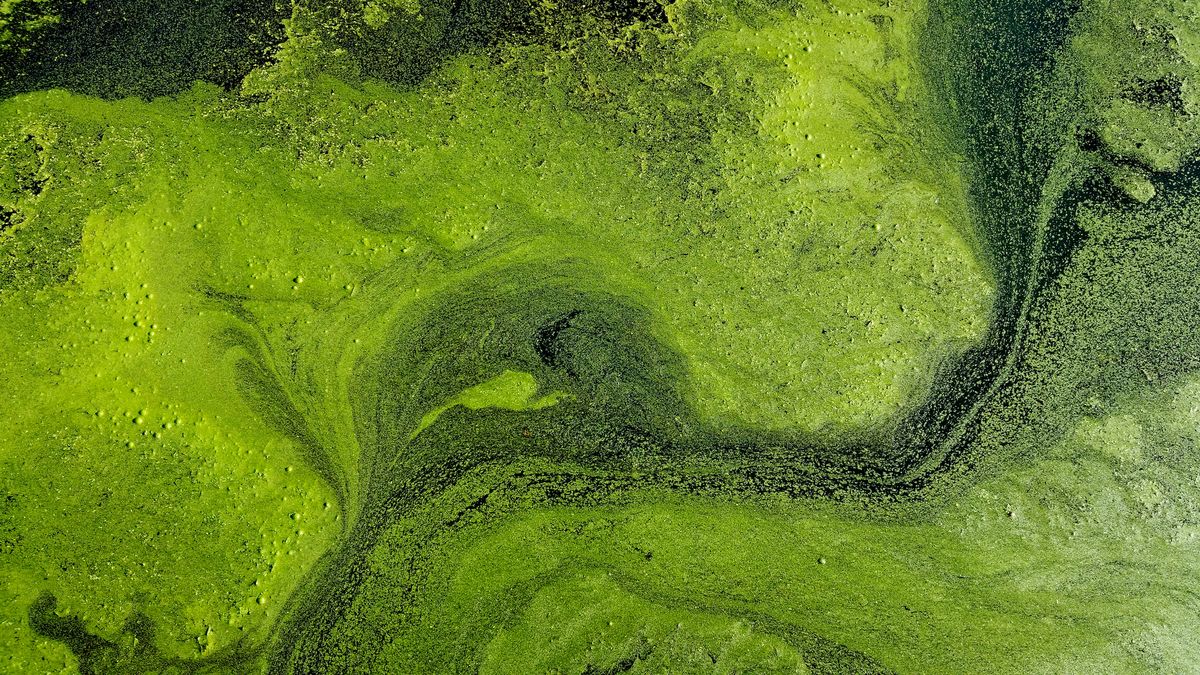The sediment dated to 635 million years ago —  roughly 100 million years earlier than the oldest confirmed animal fossil on record  — but the ancient molecules were unmistakably biological in origin, and matched those found in modern sponges, the researchers wrote.
"This all means that the evidence previously linked to the oldest animals on Earth is derived from algae, not animals," Lennart van Maldegem, a co-author of one of the studies and a geoscientist at Australia National University, told Live Science.
When the authors of the 2009 study found an abundance of C30 sterols in 635-million-year-old sediment samples, they interpreted it as evidence that ancient sea sponges had lived and died there, one million centuries before Earth became replete with animals during an event known as the Cambrian Explosion (about 540 million years ago).
"We know now that the first algae (the ancestor to modern plants) became prominent in all the world's oceans 200 million years before the Cambrian Explosion," van Maldegem said.
Alongside the sterols attributed to sponges, the researchers also found an abundance of molecules associated with algae, as well as non-biological molecules that result from a geological process called diagenesis, or the process that turns grainy sediments into hard rocks over millions of years.
To test whether these processes could have transformed ancient algae molecules into the right C30 sterols, the team removed various molecules from modern red and green algae samples, then heated them to more than 600 degrees F (315 C) in an oven and exposed them to intense pressure — conditions meant to mimic geological processes that normally take millions of years.
This means that those ancient sterols are not evidence of animals at all, but of algae, van Maldegem said.
It's still possible that animals began evolving on Earth hundreds of millions of years before this, van Maldegem said, but scientists should no longer look to these particular fatty sponge molecules as evidence of this.
"We have had a thorough look at the earliest evidence for animals on Earth … and are gaining a better understanding for how the first animals evolved," van Maldegem said.
